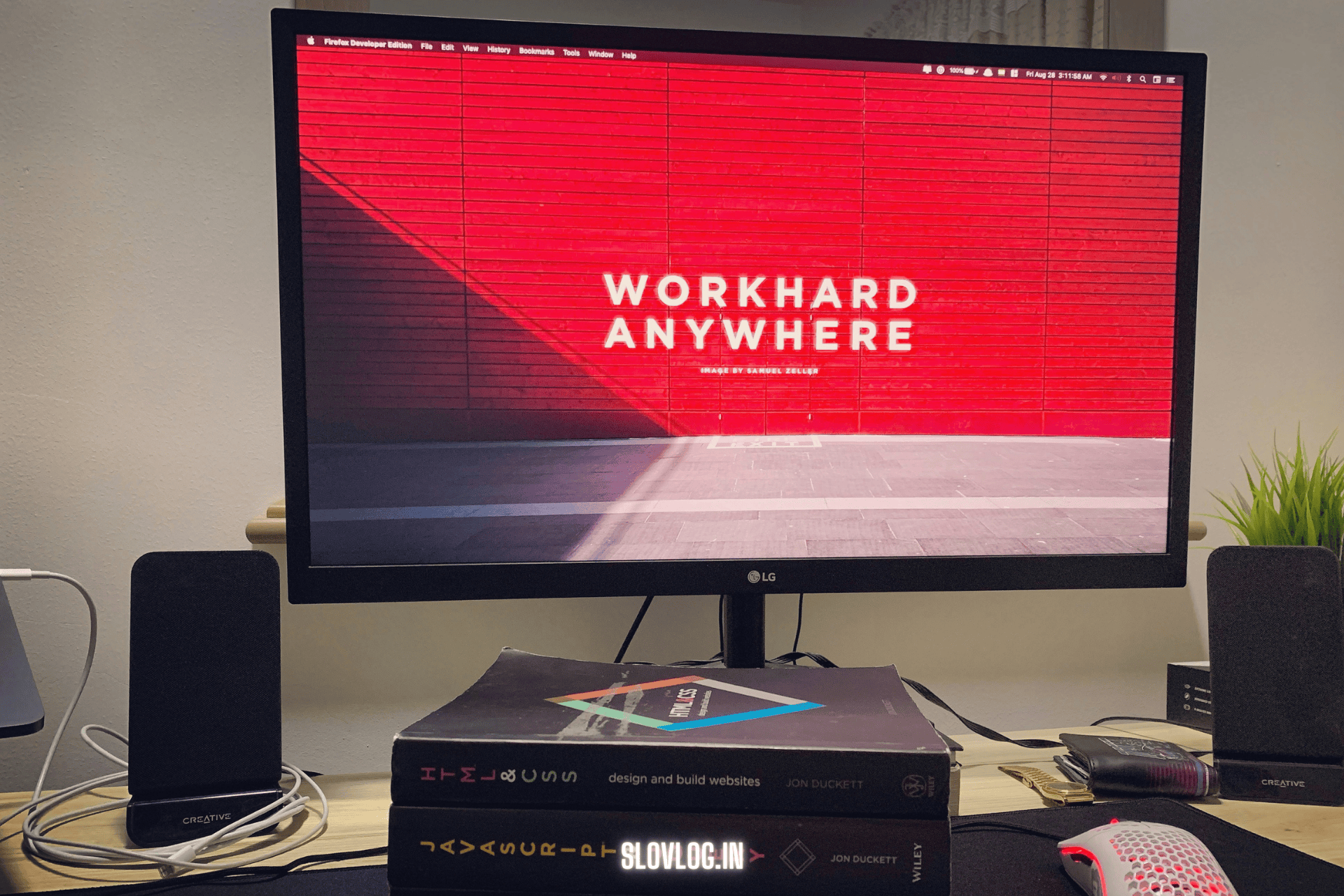The Slow Business Shift: Why Working Less Can Help You Earn More
There’s a strange kind of respect we give to exhaustion.
We wear busyness like a badge — the long hours, the late replies, the “I barely have time to breathe” kind of pride.
But if working more really guaranteed success, most of us would already be millionaires.
The truth is, endless effort doesn’t scale.
Focus does.
A study from Stanford University found that after 55 hours of work a week, productivity drops to almost zero.
Past that point, more effort doesn’t bring more results — it just burns energy that could be used for clarity, creativity, or rest.
The Slow Business Model isn’t about doing less out of laziness.
It’s about designing a business that runs on precision instead of pressure — where results come from focus, not fatigue.
The Myth of “More Hours = More Success”
Most of us start by believing that hard work will eventually pay off.
And it can — until it stops being work and turns into overwork.
Harvard Business Review found that employees who worked fewer hours but stayed deeply focused outperformed those who worked long, distracted days.
More hours don’t build better results — they build burnout.
Because when you fill every minute, you leave no space for big thinking — for the kind of strategic clarity that actually grows your business.
The slow business mindset replaces constant motion with better systems:
- Shift from “more work” to “smarter frameworks.”
- Protect focus instead of chasing more.
- Treat rest as part of strategy, not a break from it.
When you guard your time, you protect your creativity — and that’s where the real value lives.
The 80/20 Rule: Doing Less to Achieve More
The Pareto Principle says that 80% of your results come from 20% of your actions.
The rest is noise.
Most entrepreneurs spend their time maintaining that noise — replying, tweaking, adjusting, reacting.
But slow business owners identify the 20% that moves the needle — and double down.
Focus on the few things that matter:
- The clients who bring real profit.
- The products that create real impact.
- The systems that run without you.
When you eliminate low-value work, you stop confusing activity with progress.
That’s when the business starts to breathe on its own.
Mindful Productivity: Working Smarter, Not Harder
Productivity doesn’t come from longer hours — it comes from depth.
Short, intentional bursts of focused work outperform long, scattered days.
Research confirms that techniques like 90-minute deep work sessions followed by deliberate rest lead to higher-quality output and better energy recovery.
A slow business day looks like this:
- Two or three deep work blocks.
- No constant notifications.
- Real breaks that restore mental clarity.
It’s not about how much you do — it’s about how present you are while doing it.
You’ll notice that when your work gets calmer, your ideas get sharper.
The Power of Passive and Scalable Income
Working less doesn’t mean earning less — it means building systems that earn when you’re not online.
According to the Freelance Economy Report (2023), 65% of solopreneurs wish they had built passive income earlier.
The slow business approach encourages income that flows, not chases:
- Digital products — guides, templates, courses that keep selling.
- Memberships or retainers — consistent monthly revenue.
- Value-based pricing — charging for outcomes, not hours.
Instead of managing ten clients for small returns, manage two at a higher rate and let your systems — not your time — scale the rest.
Setting Boundaries: The Hidden Skill Behind Success
It’s impossible to build a calm business with chaotic boundaries.
Studies in the Journal of Business Psychology (2023) show that entrepreneurs with strict work limits actually earn more than those available 24/7.
Boundaries create clarity.
They teach clients when you’re most focused — and protect the mental space that allows deep work to happen.
Practical steps:
- Define start and end hours, even if you work alone.
- Say no to low-value projects.
- Build margin between calls and creative tasks.
Every “no” becomes space for something more meaningful.
Common Questions About Slow Business
Won’t working less mean earning less?
Not if your hours are spent on high-impact work. The goal isn’t fewer hours — it’s higher return per hour.
How can I apply this today?
Start with one change: automate something repetitive, remove a low-value task, or block time for focused work.
Is slow business only for freelancers?
No. Teams and companies applying these principles often see higher long-term results because they reduce burnout and increase focus.
Final Thoughts: Building a Business That Breathes
Slow business isn’t about stepping back from ambition.
It’s about redefining ambition — success measured by freedom, not fatigue.
When you design your work around focus, boundaries, and smart systems, you stop running a business that owns you — and start building one that supports you.
Try this today:
List three things you could remove, automate, or delegate this week.
Then actually remove one.
See what happens when you give your business room to breathe.
Slovlog Insight
At Slovlog, we believe slow business isn’t the opposite of success — it’s the path to it.
You don’t need more hours to build something meaningful.
You just need to decide what’s truly worth your time.












